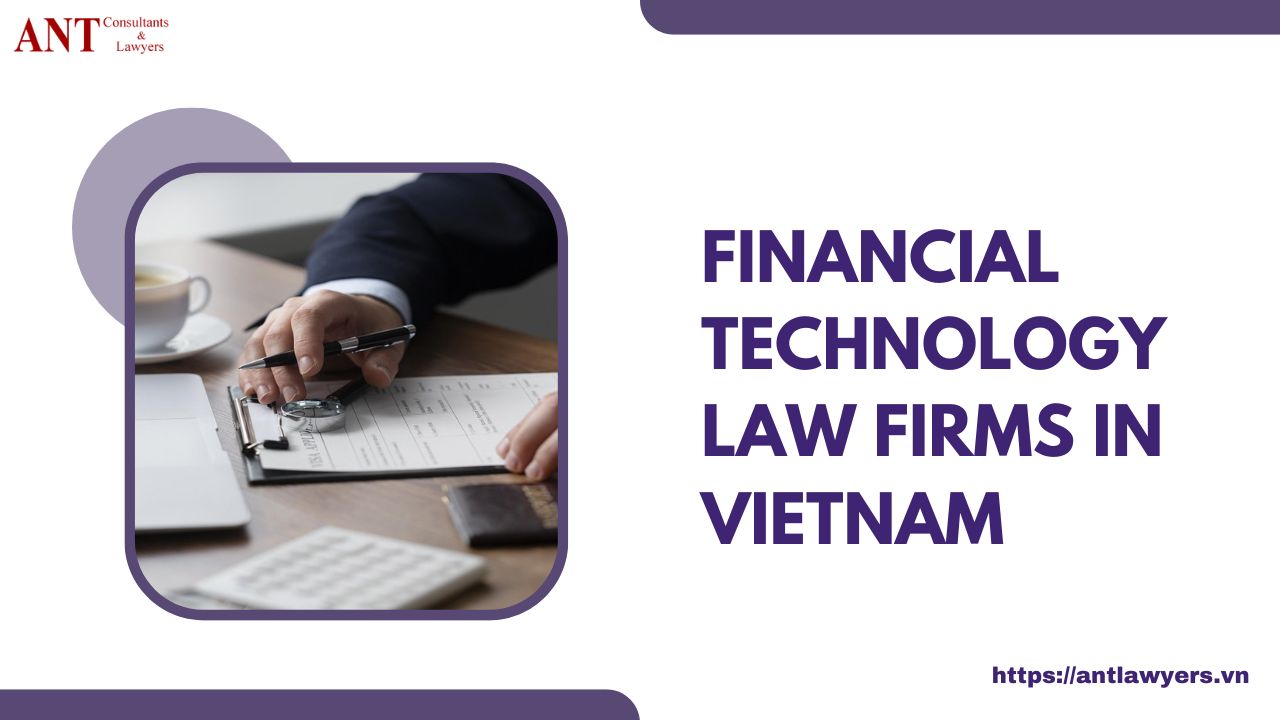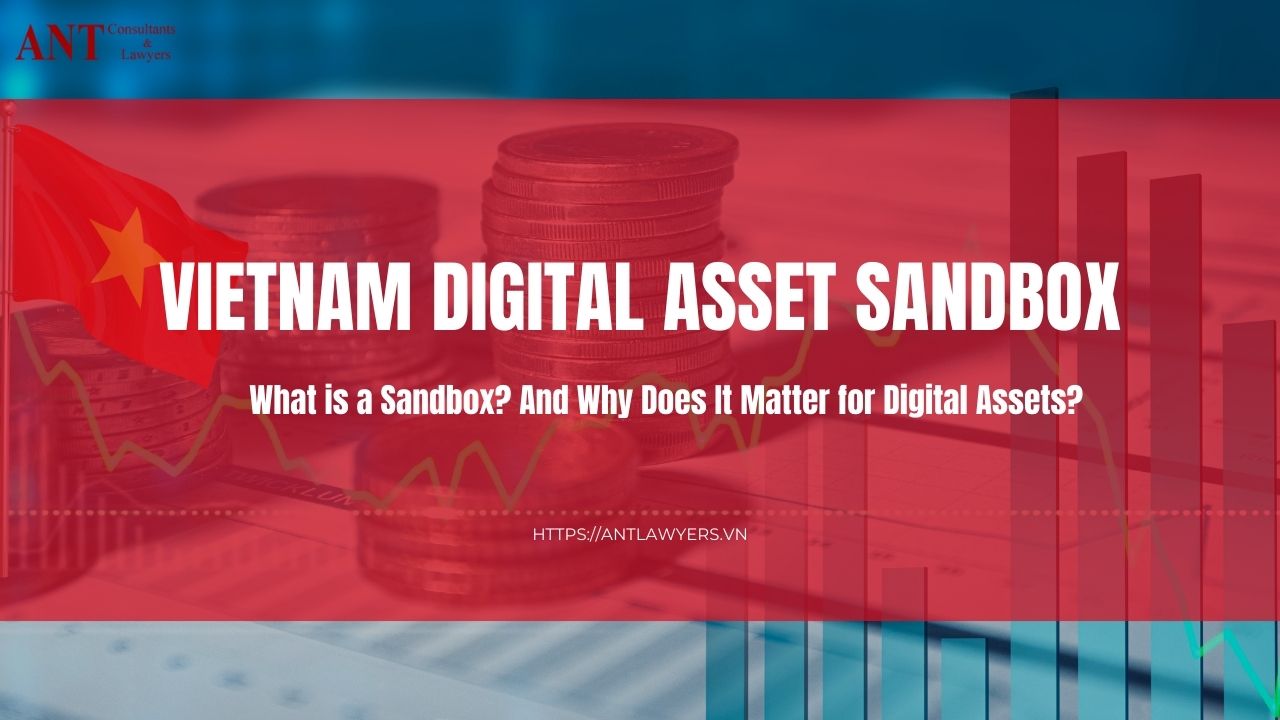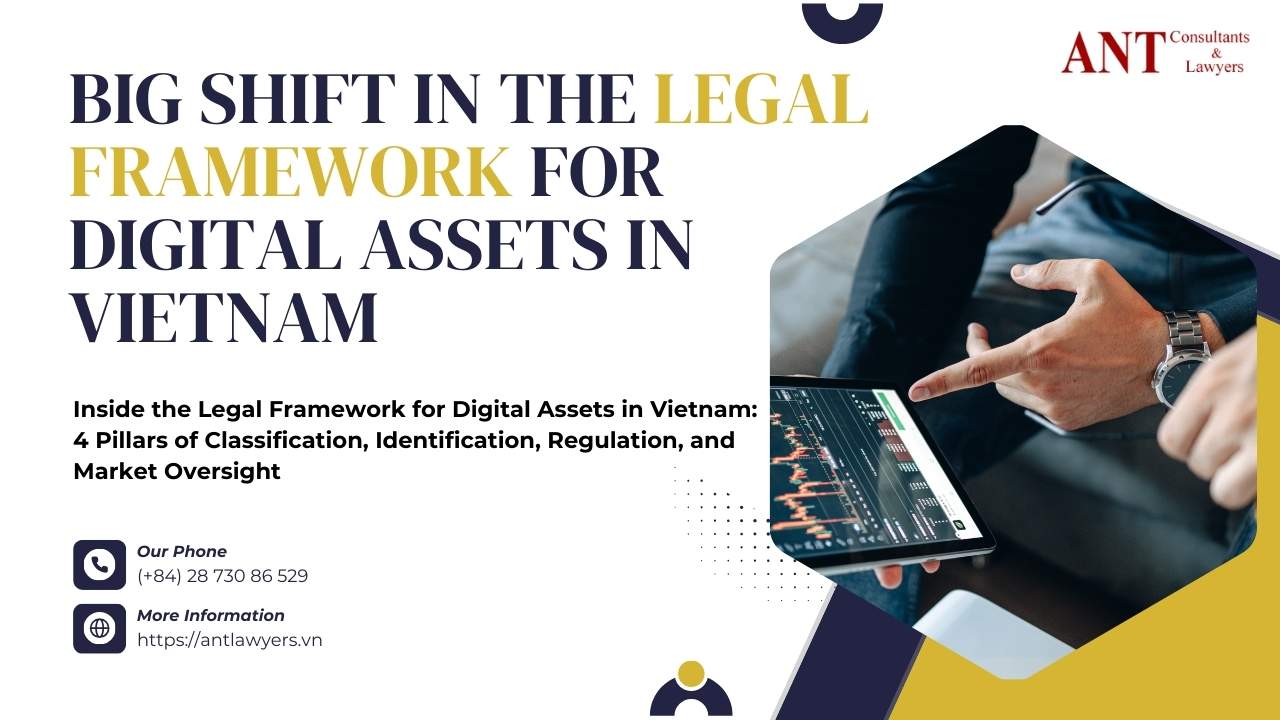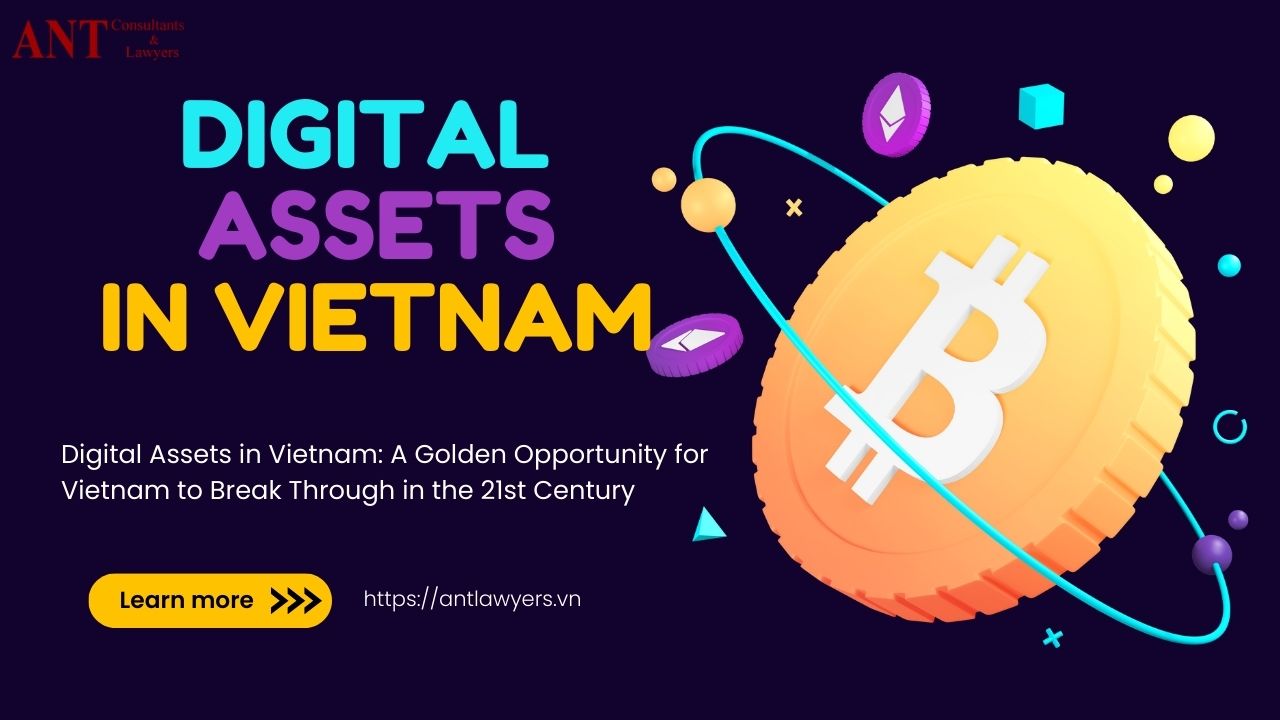Change is coming.
Quietly. Digitally. Rapidly.
Let’s imagine the situation, which assets are no longer limited to paper or property titles. They are becoming lines of code. From real estate and company shares to music rights and digital collectibles, ownership is being reimagined. Vietnam is at a turning point, and tokenization in Vietnam could bring a foundational shift.
What stands in the way? Legal uncertainty.
What stands to gain? Everyone, from young investors and artists to small businesses and global developers.
Tokenization in Vietnam Is Reshaping the Way We Think About Value
Tokenization means turning rights to an asset into a digital token. It allows anything with value, land, art, shares, or content, to be represented, owned, and exchanged digitally on secure platforms.
For Vietnam, this offers an opportunity to catch up with the world.
Not only can it expand access to investment, but it also encourages transparency and inclusion.
Imagine a startup sharing early-stage ownership through tokenized equity.
Or a digital artist selling music rights directly to supporters through a secure platform.
In each case, value becomes portable, divisible, and tradable, no paperwork required.
While the technology is already here, the rules are not. And that is where the real challenge lies.

Vietnam Has the Foundations to Lead in Digital Asset Innovation
Vietnam is no stranger to fast change.
Its digital landscape is dynamic, entrepreneurial, and filled with forward looking minds. With growing interest in technology, digital finance, and decentralized systems, the country is naturally positioned to benefit from tokenization.
But change does not happen automatically.
It must be built. Intentionally.
If Vietnam can design a flexible, clear, and inclusive legal environment, it could become a launchpad for innovation in areas like:
- Crowdfunded ventures using tokenized shares
- Digital identity tools with token-based access
- Culturally driven NFTs representing heritage or art
- Secure real estate investment through tokenized property units
By laying the legal groundwork, tokenization in Vietnam could unlock new markets, empower individuals, and create a financial system that is more open and efficient.
A Day in the Life of a Tokenized Vietnam
Picture this.
A small business issues digital tokens representing ownership in its next big product. Supporters from different places contribute directly and track the journey in real time.
An apartment building is divided into digital tokens. A first time investor, with limited capital, buys a small fraction of a unit and starts earning rental income through an app.
A musician releases a song and issues limited edition rights. Fans purchase tokens that prove ownership and share in the future success of the music.
No banks. No long queues. No unnecessary fees.
Just trust built through code, rights verified on a secure platform, and ownership accessible to all.
The World Is Shifting, and Vietnam Is Poised to Respond
The idea of tokenization is not limited to any one country. Around the world, businesses and governments are experimenting with new ways to handle assets, identity, and exchange through digital tokens.
These changes are not only technical. They represent a shift in how people interact with value, how they invest, and how they build trust online.
Vietnam’s technology community is already showing strong interest. Developers are exploring how blockchain and decentralized apps can improve access and transparency. New platforms are being tested. Digital communities are forming. And curiosity is spreading fast.
Yet in the absence of legal clarity, confusion can slow progress. Without a roadmap, good ideas may never leave the drawing board.
What Vietnam Needs to Do to Turn Potential into Reality
If tokenization is to thrive, Vietnam must be both bold and wise. Below are seven practical steps that can guide its journey.
Create Legal Sandboxes for Token Experiments
Allow companies to test real world applications in controlled settings, where risks are limited but lessons are abundant. These environments can help refine regulation while giving businesses a safe space to innovate.
Define Digital Assets in Law
A comprehensive legal framework should recognize tokenized assets and outline how ownership, transfer, and protection work in practice. Without definitions, rights become vague, and trust disappears.
Establish a Cross-Sector Authority
Tokenization touches finance, real estate, technology, education, and even culture. A unified regulatory body can coordinate policy, monitor activity, and advise on implementation across sectors.
Promote Responsible International Cooperation
Engagement with global regulatory counterparts is essential. Shared standards and mutual recognition help prevent exploitation and build international trust in Vietnamese digital markets.
Educate for the Future
New tools require new understanding. From schools to startups, people need to know how tokenization works, what it means, and how to use it wisely. Public literacy will be essential.
Support Local Innovation
Incentives, grants, or public-private partnerships can help local developers create digital asset platforms, tokenization tools, and regulatory technology. Homegrown solutions will reflect local needs.
Prioritize Security and Ethical Use
Tokens must not become tools for abuse. Strong cybersecurity standards, anti-fraud measures, and ethical safeguards will ensure that the system supports, rather than undermines, public interest.
A Smart and Inclusive Economy Begins with Digital Law
Tokenization in Vietnam does more than digitize value. It redefines how we think about ownership, participation, and opportunity.
It is not just about investing.
It is about creating a system where value can flow more freely, where a farmer, an artist, or a student can all participate in the economy with fewer barriers.
But trust must come first. And trust starts with rules.
Just like physical property requires deeds and titles, digital assets require legal recognition and protection. That includes:
- Clear guidance on how digital tokens are created and managed
- Dispute resolution tools when problems arise
- Consumer protection in case of fraud or system failures
- Pathways for enforcement without overregulation
A Moment to Act, a Future to Shape
We are not waiting for the future. It is already happening. Quietly. Digitally. All around us.
Tokenization is changing the way the world works, invests, and grows. Vietnam has the opportunity to shape that future, not by copying others, but by building its own path with care, courage, and collaboration.
There will be obstacles. There will be mistakes. But there is also a chance to participate early.
Because tokenization in Vietnam could be no longer a question of if. It is a question of how well we will manage it. And the answer depends on what we choose to do next.
About ANT Lawyers, a Law Firm in Vietnam
We help clients overcome cultural barriers and achieve their strategic and financial outcomes, while ensuring the best interest rate protection, risk mitigation and regulatory compliance. ANT lawyers has lawyers in Ho Chi Minh city, Hanoi, and Danang, and will help customers in doing business in Vietnam.
How ANT Lawyers Could Help Your Business?
You could reach ANT Lawyers in Vietnam for advice via email ant@antlawyers.vn or call our office at (+84) 24 730 86 529




